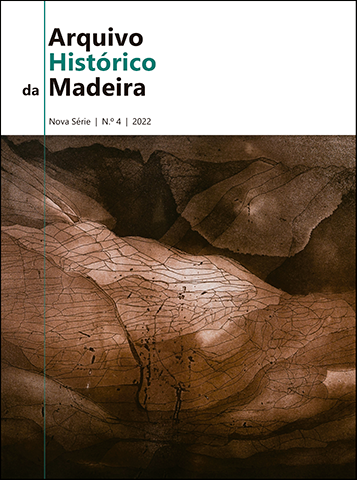The Other Islanders in the Canary Islands: The Portuguese Insularity in the Process of Shaping the Canary Islander Society during the 16th and 17th Centuries
Abstract
The islands of Macaronesia have been conditioned by their insular geography. These islands are a fragmented and isolated territory, but at the same time they are border and related spaces in the interior of the Atlantic. These characteristics have determined the nature of its inhabitants since its aggregation to the West. This duality, made up of geographical limitations and socioeconomic dynamism, built among its inhabitants a particular worldview of the insular world and the circum-Atlantic environment.
This research focuses on the period of consolidation of Atlantic relations, from the mid-sixteenth century to the mid-seventeenth century, and it analyses the social particularities that defined the Portuguese island community –Madeiran and Azorean– in the Castilian insular space into the Macaronesia islands: The Canary Islands. The border character of these Iberian archipelagos in the interior of the Atlantic defined the social organization in the Macaronesian insular area, in which the contributions of different foreign communities stood out. Particularly relevant in the Canary Islands was the settlement of groups of Portuguese from Madeira and Azores, especially during the period of the aggregation of Portugal to the Hispanic Monarchy. These other islanders intermingled their interests with the prosperity of the islanders of the Canary Islands, making the needs of others their own. These close ties facilitated the acceptance of these exogenous individuals by this other island society. The purpose of this research is to identify those Madeiran and Azorean traces that formed a common Iberian identity in the Canary Islands: the insular identity.
Keywords
Macaronesian Islands; Identity; Islander; Canary Islands; Madeira; Azores; Early Modern Age.
Downloads
Published
Issue
Section
License
Copyright (c) 2022 Arquivo Histórico da Madeira, Nova Série

This work is licensed under a Creative Commons Attribution-NonCommercial-NoDerivatives 4.0 International License.



